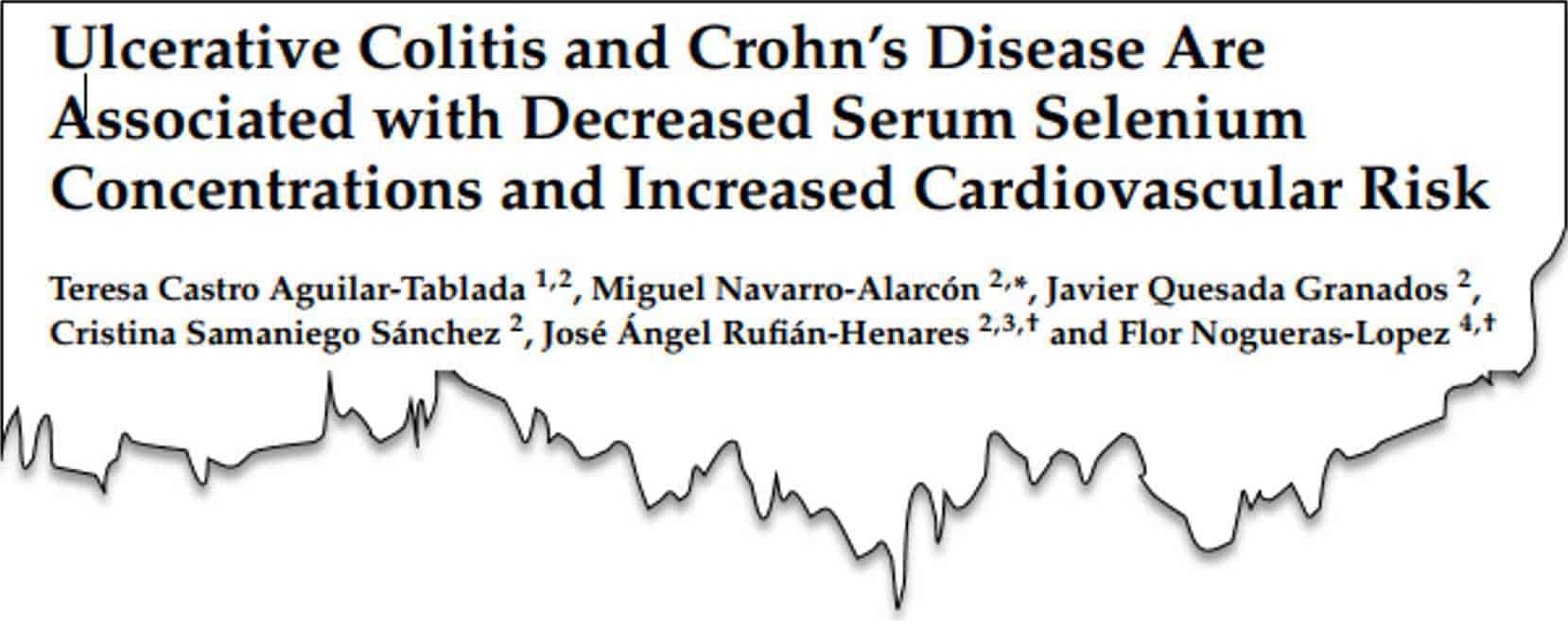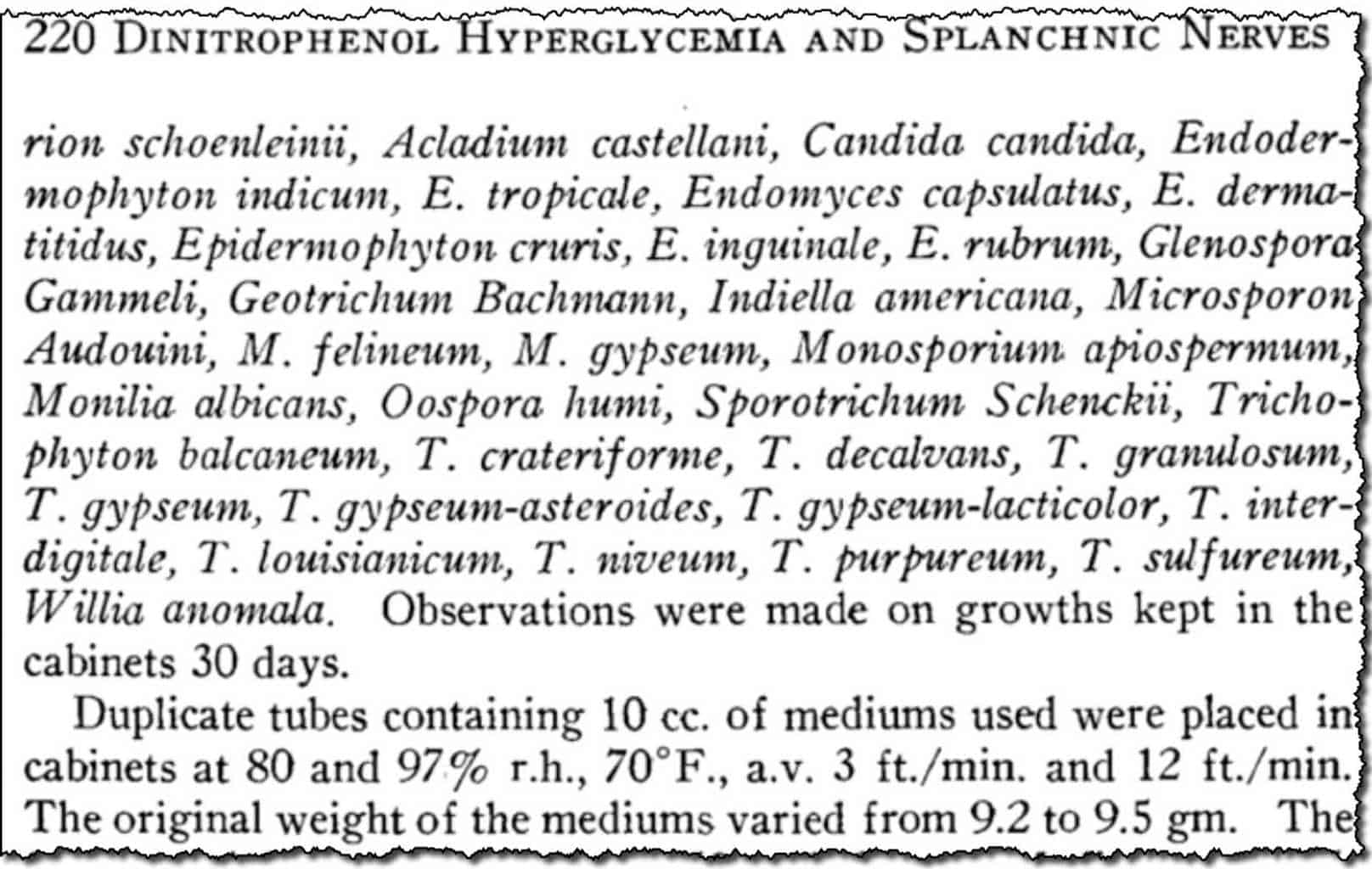
[cmamad id=”15994″ align=”center” tabid=”display-desktop” mobid=”display-desktop” stg=””]
Improve your bowel movements AND slash your chances of getting cancer…with THIS…
——Important Message——
Unbelievable: This supposedly terrible activity shrinks prostates…
Do you have trouble peeing? Do you wake up multiple times a night? Have you been diagnosed with BPH (benign prostatic hyperplasia)?
Believe it or not, ingredients such as nicotine, cotinine, and numerous other compounds found IN TOBACCO can shrink prostates, lower estrogen, and RAISE testosterone.
In one study, the scientists RELUCTANTLY concluded:

If smoking was created by Big Pharma, your doctor would be handing out cigarettes.
However, it turns out, that if you RAISE testosterone and LOWER estrogen the way that smoking does (but NOT by actually smoking or using tobacco) you can shrink your prostate and end up having wonderful sex again besides.
——-
How to remove 1.73 pounds of waste from your colon by 8 PM tonight
Some people suffer from cramps, abdominal pain, and diarrhea. They eat normally yet show signs of malnourishment. They are fatigued.
And they many of them are diagnosed with an inflammatory bowel disease (IBS) such as ulcerative colitis or Crohn’s.
But others with IBS have no symptoms…that they know of.
They do not realize that their chronic constipation (or arthritis flare-ups, night sweats, dental problems) might be caused by an inflamed colon.
This chronic inflammation can lead to colon cancer.
The usual explanation is that it’s an autoimmune problem, the body turning on itself. Or that it’s genetic and preprogrammed.
There are problems with these ideas, but that’s not our concern in this newsletter.
[cmamad id=”15995″ align=”center” tabid=”display-desktop” mobid=”display-desktop” stg=””]
I’m interested in what men can do to decrease colon inflammation and the associated risk of cancer.
Selenium is worth looking into.
People with inflammatory bowel disease have less selenium than others.

In this study, they were looking at cardiovascular risk. They weren’t looking at cancer.
But what they found out about selenium is important for our health in other ways too.
“The incidence of inflammatory bowel disease (IBD) and associated oxidative stress is increasing. The antioxidant mineral selenium (Se) was measured in serum samples from 106 IBD patients (53 with ulcerative colitis and 53 with Crohn’s disease) and from 30 healthy controls.”
“Serum Se concentrations were significantly lower in ulcerative colitis and Crohn’s disease patients than in healthy controls…”
What does selenium do in the digestive tract?
In this next study, they tried to find out HOW selenium protects against colon cancer.
Selenium from our food turns into selenoproteins in the gut.
These are antioxidants. They neutralize ROS (reactive oxygen species – AKA free radicals).
This is protective.
Mice without selenoproteins got severe colorectal cancer.

“Chronic inflammation occurring in inflammatory bowel disease, especially Crohn’s disease (CD), is one significant causal factor in the development of colon cancer. A recent study…demonstrated that several selenoproteins are downregulated in CD.”
The study found that selenium reduces chronic inflammation-induced colon cancer (CICC), even in the mice that were much more prone to it.
They found that selenium actually builds up in the tissues lining the colon.
“Selenium-diet-reduced CICC (chronic inflammation-induced colon cancer) in both wild-type and knockout mice: The recommended dietary allowance for Se is 55 ug per day for human adults and the upper safe limit is 400 ug/day. Beneficial effects of selenium can be obtained at a dosage of 200 ug per day – this dose can decrease the total incidence of cancer by 25%.”
I am so glad they included dosage suggestions. Too much selenium can be toxic.
Selenium is too important to just “play it safe” and ignore it, though. That would be the riskier route.
But I prefer to get my selenium from food.
Seafood is a good source. There’s nearly 35 ug in a medium oyster.
I like seafood. I like oysters in particular because they also have other stuff I’m looking for, such as B vitamins, zinc, and manganese.
Tuna is also a good source of selenium, but I avoid it because of possible mercury contamination.
Vegetarians often eat brazil nuts and mushrooms to get selenium.
Brazil nuts have so much selenium you only need one or two a day, max.
There’s nearly three days’ worth in just one ounce!
I don’t eat many nuts, but one or two a day would be the easiest way to get enough selenium.
Except for the PUFAs in nuts…
Yes, nuts contain polyunsaturated fatty acids.
There’s nearly 6 g of PUFAs in an ounce of Brazil nuts. That’s 2 g of PUFAs if you eat just one or two nuts.
I try to keep my PUFA intake very low – 3 g a day or less. So a couple of Brazil nuts is probably too much to be worth it, in my opinion.
I guess that’s another reminder that there is no perfect food – they all have drawbacks.
Mushrooms, well cooked, are great for men.
So, there are major problems with tuna and nuts that you can’t really work around.
But mushrooms are free of drawbacks – if you boil them, uncovered, for about an hour.
They are a good source of selenium.
They also contain a great type of protein and a lot of B vitamins.
You’ll also get zinc and potassium when you add mushrooms to your diet.
On top of that, the fiber you get from eating mushrooms helps lower endotoxins in the bowel.
I try to eat mushrooms daily and oysters weekly – that’s how I cover selenium, zinc, and B vitamins.
—–Important Message—–
Is it true? Can a man sit around and burn 1,800 calories of pure lard around his middle by doing nothing?
In the 1920s, they said it could be done.

But today, doctors and scientists tell you that this is impossible without strenuous exercise and starvation dieting.
This got me hitting the books. I needed to find out how to burn that fat safely…
Was it true what those scientists were saying in the 1920s?
Could I really provide my body with the fuel it needs without having extra fat dumped into my arteries as blood fat?
To my growing excitement, I learned about some superfoods and little-known supplements that keep fat safely in the cells and burn it off.
These superfoods and little-known supplements are cheap, too.
I immediately went to work ordering various powders and potions and superfoods and trying various combinations.
——–


Leave a Reply